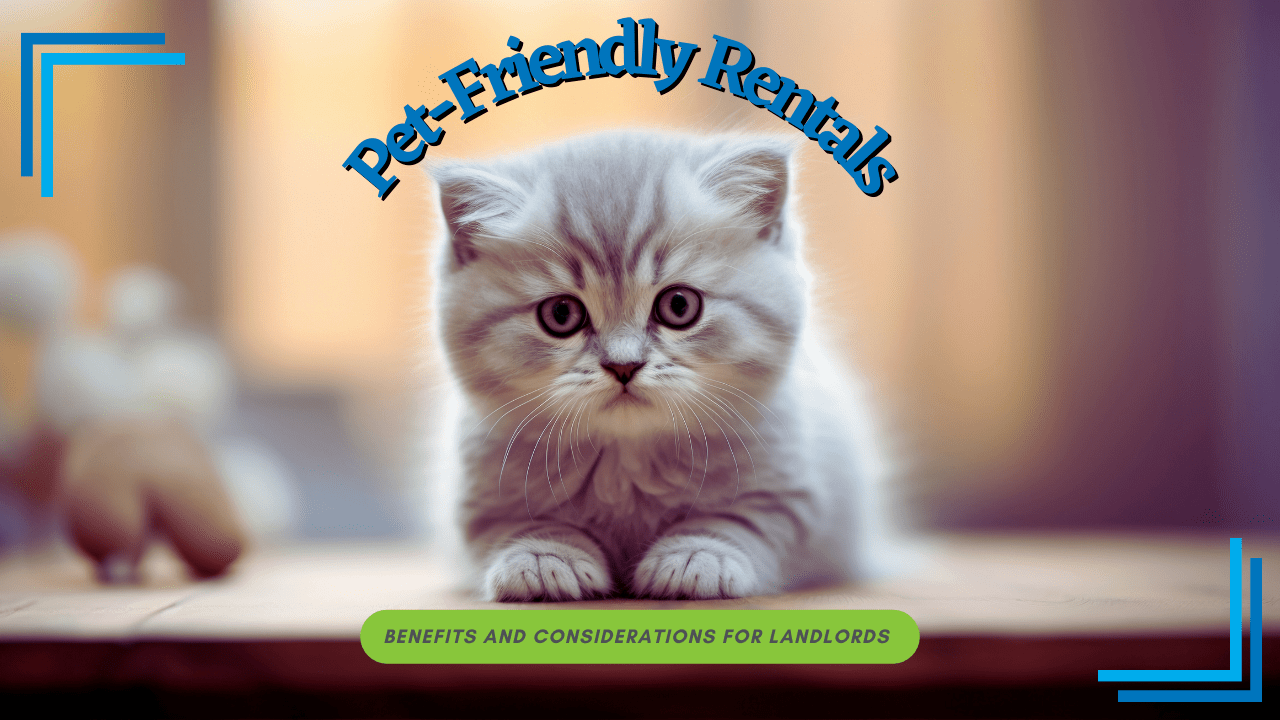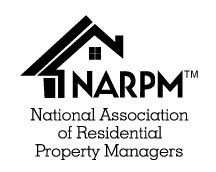Protect your investment property with a strong pet policy. You can restrict breeds, sizes, and ages. You can say you’ll allow cats but not dogs. You can require that dogs must be on leashes at all times when outside of the rental property. You can require vet records.
Pet-Friendly Rentals: Benefits and Considerations for Landlords in Santa Cruz

Pets are cute and fun and silly and so important to our lives and happiness.
Pets are mess-makers and dangerous and very good and leaving behind odors and scratches on floors and walls.
Both of those statements are true.
So, how will you handle pets in your Santa Cruz rental property?
Pets are part of the family for a lot of tenants, and that means you’re not going to find a lot of renters willing to move into your property if you don’t also allow their pets.
There will always be concerns around allowing pets; there’s liability and mess and the potential for damage to your investment property. However, when owners ask us if they should allow pets, we always say that they should. There are far more benefits than there are risks, and if you have a strong pet policy or you work with an experienced team of
Santa Cruz property managers, you have less to worry about and a lot to gain by allowing pets.
Good Pet Owners Make Good Tenants
We can’t make any wild promises or predictions, but we can tell you that based on our experience, tenants who take care of their pets are likely to take care of their home as well. Your rental property will likely be in good hands when you approve a tenant who dotes on their dogs and their cats. They tend to be responsible, positive renters. When people care about their pets, you can expect them to be proactive about maintenance requests and good at communication.
It’s easy to worry about the damage that animals can potentially do to a property, but you’ll find that pets actually cause much less damage than people do.
Lower Vacancy Rates are a Benefit of Pets
Check any statistic you can find, and you’ll see that more than half of all the Santa Cruz tenants looking for a new home have at least one pet. That means if you don’t allow pets in your property, you’re eliminating a pretty significant part of your tenant pool.
We can also tell you that pet ownership has increased over the last few years, due in part to the pandemic and the growth of remote work. With more and more people working from home, adopting a dog or a cat became more common.
Don’t cut out half of your
potential tenant pool. This leads to longer vacancies. You could spend weeks looking for a tenant who doesn’t have a pet.
Think about what vacancy costs you. When your property is unoccupied, you lose money that can never be earned back. Leaving your rental home vacant just because you don’t want to allow pets will end up costing you more than any pet damage could every cost.
If you want to keep your property occupied, be willing to consider pets. It affects retention, too.
Tenant Retention in Santa Cruz Rental Homes
Turnover is even more expensive than vacancy. Pets help you avoid it.
Pet owners are less likely to move because they know that if they find a new home, they’ll have to pay another pet fee or deposit. They’ll also have to invest a lot of time finding a home that allows pets. They know that pets can get stressed with a lot of change, and they might not want to move their animals again. So, if pet owners are having a good rental experience, they’re more likely to renew their lease agreement.
Increase Your Income by Welcoming Pets
If you’re looking to maximize what you earn on your Santa Cruz rental property, you need to allow pets. We have already established the benefits by pointing out that you’ll have less vacancy and turnover. There’s also an advantage to your cash flow. Pet-friendly homes earn higher rents.
Your property has the same rental value whether you rent to tenants with pets or without pets. But, when tenants move in with their cats and dogs, you can charge them extra. There are generally three ways to do this:
- Pet fees
- Pet deposits
- Pet rent
Pet fees are non-refundable, and it’s basically an amount of money that covers the potential damage and disruption a pet can cause. If the pet is perfectly behaved and you don’t have to spend a dime on extra cleaning or repairs, you still keep that pet fee. Tenants will pay it before they move in. It’s a one-time fee, and typically owners will collect a fee for every pet. This means if your pet fee is $200 per pet and your tenant moves in with two cats, that’s $400 you’ve earned just by allowing those cats.
Pet deposits are a little bit different. Your tenant will pay the deposit before moving in, but you’ll only be able to use the money to pay for pet-related damage. You’ll have to return anything that wasn’t used at the end of the lease term. So, you may charge a $400 refundable pet deposit. If your tenant’s dog chews a hole in a wall and you pay $250 to repair it, you’ll need to return the remaining $150 from the pet deposit. Many owners find this is a good way to incentivize preventing pet damage.
Pet rent is paid every month that the tenant is living in the property with their pet. We’ve seen amounts that range from $25 per pet to $60 per pet. You’ll add this amount to the rental amount every month, giving you more income and a bit of a reserve in case you need to do cleaning or make repairs that are due to the pets.
Implement a Pet Policy

If you’d like some help putting together a pet policy or talking through the risks and rewards of pets in your property, please contact us at Western Property Management. We lease, manage, and maintain investment properties throughout Santa Cruz County, including Aptos, Capitola, Soquel, Santa Cruz, Watsonville, and Scotts Valley. We’d be happy to help.
Contact
California DRE License #02148376
300 State Park Dr. Ste. 1
Aptos, CA 95003
Phone: 831-688-0238
Fax: 831-662-8830
Office Hours
Telephone Hours: Monday - Friday 9:00am - 5:00pm. In person office hours: By appointment only.






